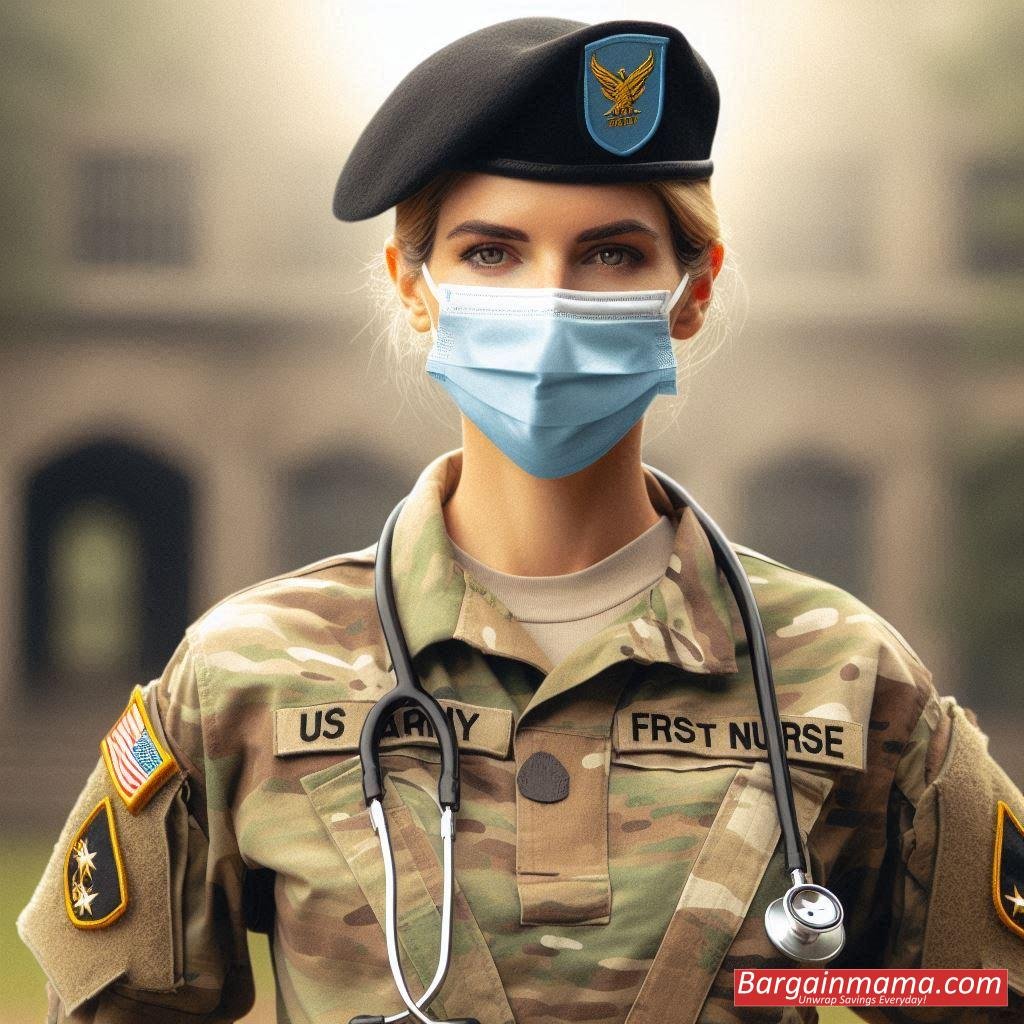The first day of the demanding Ranger Course was the most difficult for US Army Captain Molly Murphy. “I did not sleep at all the night before; I was so scared, way in over my head,” she stated to CNN. Murphy, a pediatric critical care unit nurse at Walter Reed National Military Medical Center in Maryland, overcame her initial misgivings to become the first female Army nurse to graduate the Ranger School on July 19, marking a significant milestone in history.
The Army refers to the Ranger School as its “toughest course.” It lasts for around 60 days and consists of three demanding periods of hard physical and mental training for pupils. These stages are set in a variety of difficult environments, such as Florida’s marshes and Georgia’s mountains. Since the first woman completed the US Army Ranger Course in 2015, 143 women have graduated as of Wednesday. Given that Murphy comes from a nursing background, which is very different from the combat duties that many of her other trainees have, her achievement is very impressive.

Murphy looked back on her experience and said, “I used these tactics in ROTC eight years ago, and I thought I would never hear the word ‘ambush’ again.” I’m very lost,” she chuckled. But like any critical care nurse, I’m a very meticulous note-taker. I was simply jotting down everything that was said, and the lads would go through my bizarre notebook whenever they were acting frightened.”
Pioneering Women in the Armed Forces
Two years after women were allowed to serve in numerous combat jobs in the military, Capt. Kristen Griest and 1st Lt. Shaye Haver were the first women to graduate from Ranger School. Then-Defense Secretary Ash Carter declared in December 2015 that women will be welcome to apply for any position in the military, including special operations.
Women in special operations are vital, according to US Army Special Operations Command Commander Lt. Gen. Jonathan Braga, who said, “Having women in special operations is not a nice-to-have, it’s a must.” When discussing the defense of our country, not only inside the Army but on a larger scale, we need everyone, even if you only consider the United States’ security and the most serious dangers we face. It is essential to our goal.”
Murphy emphasized the special benefits that women offer to military operations. She was particularly good at fighting skills training including operating commands, for example, which freed up her comrades for much-needed relaxation. “Men and women working together complement each other,” she stated. “That’s what makes us such a good team.”
A Lifetime of Determination
Murphy’s path to Ranger School started when she was a little child. Her father, a National Guard member, reared her and her two brothers after their mother perished in an accident. She had a strong desire to compete and “keep up with the boys” as a result of her upbringing.
Her father pushed her to enroll in the University of Nebraska ROTC program, which assisted with her educational costs. After graduating, she kept up her good work, working as a nurse at Tripler Army Medical Center in Hawaii and enrolling in the Army’s Air Assault and Jungle Schools. Murphy had her concerns at first, but she was persuaded to attend Ranger School by her teammates and senior commanders.
Ground patrols, foot marches, and physical examinations are used in the Darby Phase of Ranger School to measure candidates’ physical and mental endurance. Students frequently reuse or repeat phases, and Murphy was no different. She had to go through the Darby Phase again, but after ten days of rigorous preparation, she finished it successfully.

Overcoming Misfortune
Murphy’s fortitude was put to the test once more throughout the Mountain and Florida Phases of Ranger School. While the Florida Phase concentrates on leading small units in airborne and dismounted patrol operations during a very demanding field exercise, the Mountain Phase entails commanding platoons on combat patrol operations across difficult terrain.
Murphy was ready for the course’s physical requirements because of her experience as a nurse. Her ability to stay focused, be on her feet for 12 hours a day, and frequently miss meals allowed her to complete the demanding training. But during the final two days of the tournament, she had to withdraw due to an infection in her foot that was becoming worse so that she could have surgery. She returned to Georgia on crutches and with nerve blocks to control the discomfort because she was determined to graduate.
“I was ecstatic that so many members of my platoon had made it.” She emphasized the value of cooperation, saying, “It’s just so exciting to be able to celebrate with them, that we were all able to pull each other there.”
Legacy and Leadership
Murphy is going back to her nursing responsibilities, but her greatest learning from Ranger School was how to be a leader. “It is so hard to lead in an environment where everyone is starving, and everyone is tired,” she stated. “I wanted to test my ability to maintain optimism when things were at their lowest. And I wish to educate others on the idea that growth occurs most naturally under adversity.”
As the first female nurse to complete the Army’s Ranger Course, Capt. Molly Murphy’s historic accomplishment demonstrates the remarkable potential of women in the military and emphasizes the value of leadership, tenacity, and collaboration in overcoming obstacles.



